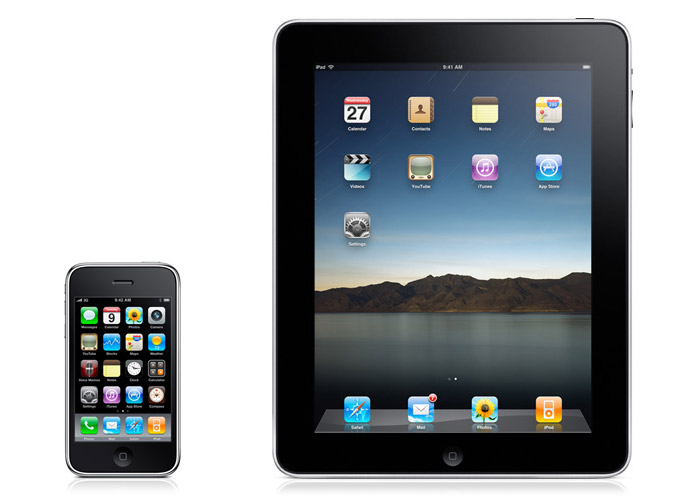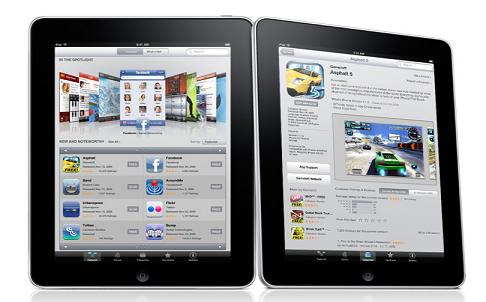On SNL Saturday evening, Seth Meyers, during Weekend Update, noted that Apple released the iPad, "proving the theory that people will buy something to find out what it is."
We already riffed on the new iPad, and it's been nothing short of a tsunami of coverage since it was launched (you can go to the archives of Techmeme to catch up).
So, last Friday, another one pops up, in the NYT, from author Steven Johnson, giving Apple a "wink-wink-slap-on-the-wrists", for not playing nice in the iSandbox, with application developers, but then goes on to extol, heaping glowing hosannas, on Apple, for their "one-click-purchase", and for their genius of creating the AppStore
Rethinking a Gospel of the WebOver the last two years, however, that story has grown far more complicated, thanks to the runaway success of the iPhone (and now iPad) developers platform — known as the App Store to consumers.
The App Store must rank among the most carefully policed software platforms in history. Every single application has to be approved by Apple before it can be offered to consumers, and all software purchases are routed through Apple’s cash register. Most of the development tools are created inside Apple, in conditions of C.I.A.-level secrecy. Next to the iPhone platform, Microsoft’s Windows platform looks like a Berkeley commune from the late 60s.
[snip]
Those of us who have championed open platforms cannot ignore these facts. It’s conceivable that, had Apple loosened the restrictions surrounding the App Store, the iPhone ecosystem would have been even more innovative, even more democratic. But I suspect that this view is too simplistic. The more complicated reality is that the closed architecture of the iPhone platform has contributed to its generativity in important ways.
The decision to route all purchases through a single payment mechanism makes great sense for Apple, which takes 30 percent of all sales, but it has also helped nurture the ecosystem by making it easier for consumers to buy small apps impulsively with one-click ordering. People don’t want to thumb-type credit card information into their phones each time they download a game to distract the kids during a long drive in the car. One-click purchase also supports lightweight, inexpensive apps, the revenue from which can support small software teams.
Consumers are also willing to experiment with new apps because they know that they have been screened for viruses, malware and other stability problems as part of the App Store’s approval process.
All hail the AppStore!
The Retro Part of this comes from, just over a week ago, our post, "iToy";iPad isn't a computer, as much as it is an enlarged iPhone, minus the calling features, a technological piece of catnip, designed to have all the little MacKitties rub up against it, and then pull out their wallets at Apple's Citizen Kane-level domination ambitions, the AppStore.
We might have had the wrong reference there.
It's not Citizen Kane market domination Apple is after, but rather, to become the new millennium's Microsoft.
Instead of a PC on every desk, it's an iApp on every device!
And, there's only one super information highway to travel - you have go through Apple to get it.
All hail the AppStore!
All hail the AppStore!
Bonus Riffs
Paul Carr: I Admit It, The iPad Is A Kindle Killer. I Just Wish It Weren’t Going To Kill Reading Too
Michael Arrington: Just Because I Loved My Etch-A-Sketch Doesn’t Mean The iPad Will Save Newspapers
Hiawatha Bray: The iPad’s value? It’ll depend on its apps
Erick Schonfeld: Is Steve Jobs Ignoring History, Or Trying To Rewrite It?
Monday, April 12, 2010
Retro Garlic: Apple's 'Cha-Ching" App
Labels:
Apple,
Apple Stores,
High Tech Hijinks,
iPhone,
iPod,
Steve Jobs
Subscribe to:
Post Comments (Atom)









































No comments:
Post a Comment